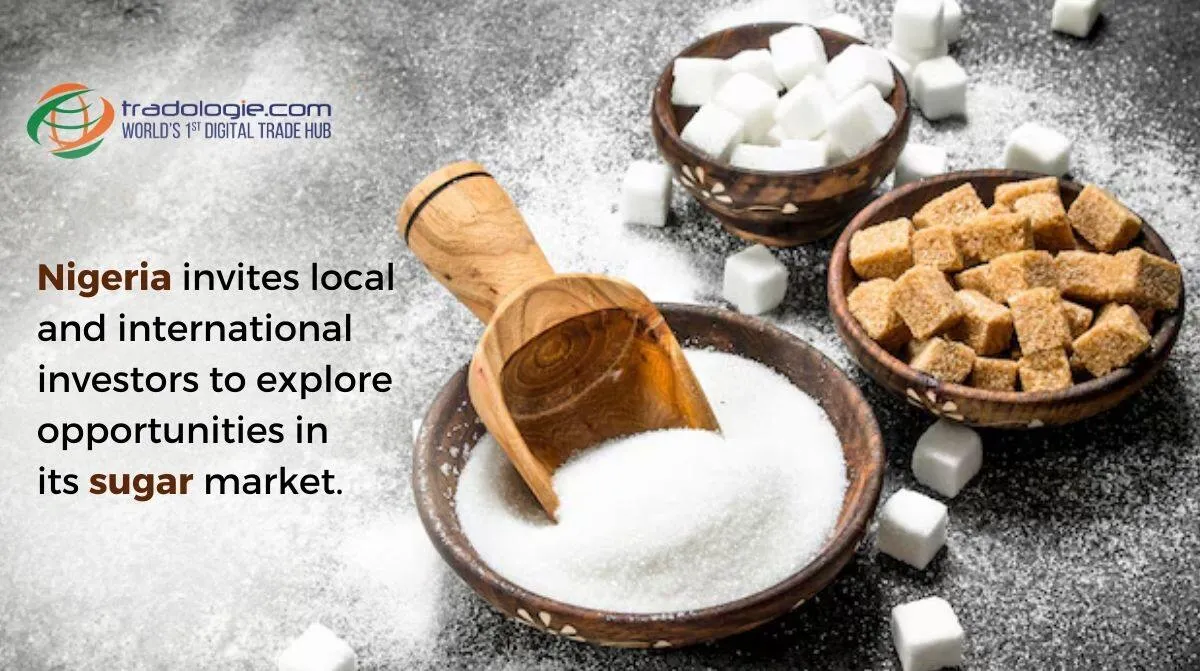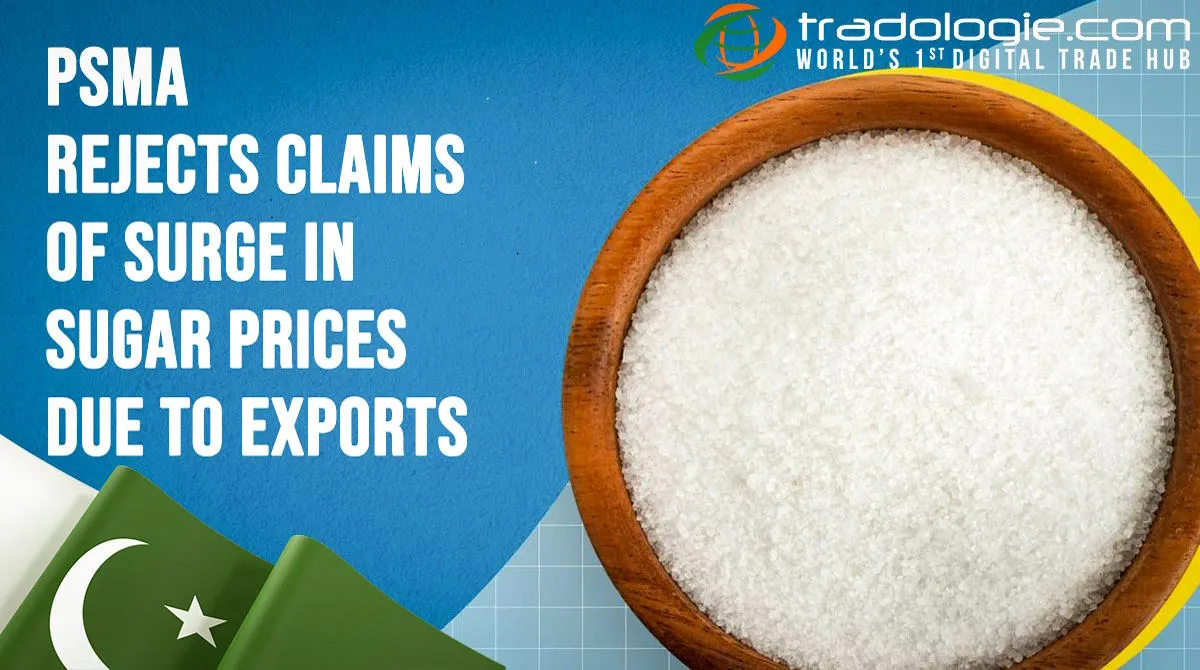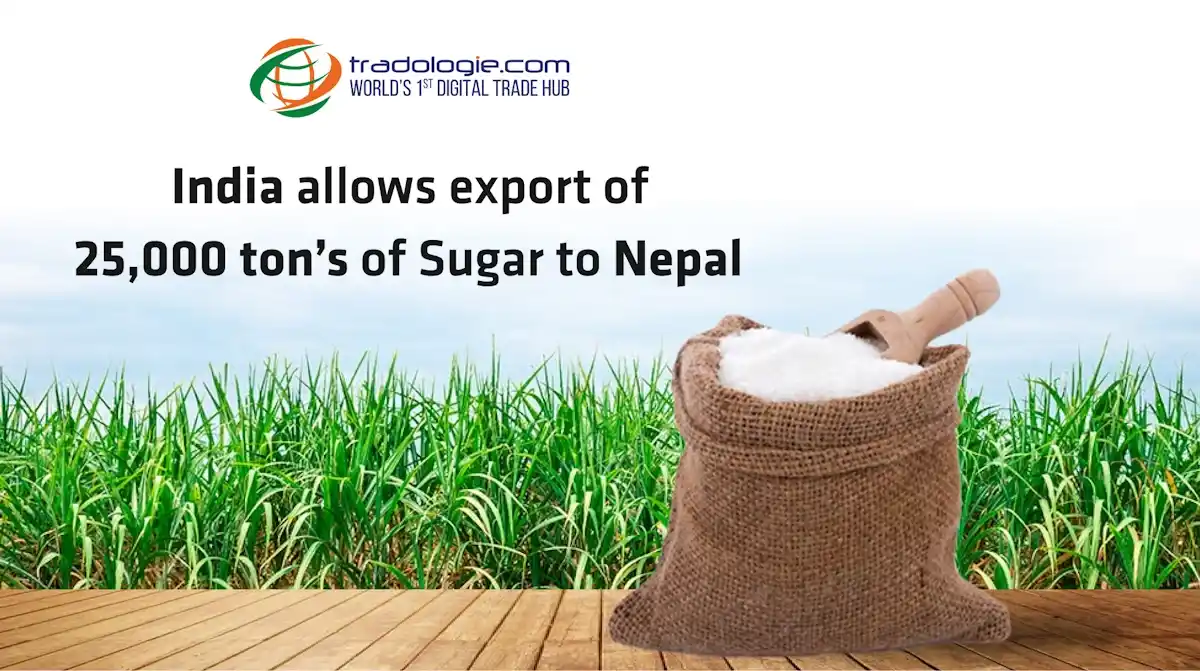The Nigerian government has identified a significant opportunity to increase domestic production and is urging both domestic and foreign investors to investigate the $2 billion sugar market in the nation. Kamar Bakrin, Executive Secretary and CEO of the National Sugar Development Council (NSDC), made this plea, pointing out that Nigeria consumes 1.4 to 1.6 million metric tonnes of sugar annually.
Potential in Nigeria
According to Bakrin, the investment was made to lessen Nigeria's significant reliance on Brazilian sugar imports , which account for up to 96% of its total sugar requirements. According to him, the sugar market in Nigeria presents investors with a lucrative opportunity, particularly as the demand for domestic production rises.
Furthermore, Bakrin stated that the economic value of domestic production is increased due to currency fluctuations that make imports costly and the rising cost of dollars, which causes importation to become more expensive every day. Bakrin remarked, "The economics are compelling," citing favorable financing options and high potential returns on investment that are in line with corporate objectives.
The government's BIP-initiated policies and incentives to promote local sugar production have been added to this self-reliance initiative.
Diversification of Sugar Industry
Beyond Nigeria, the NSDC is targeting the $7 billion African sugar market with the goal of bolstering the Nigerian economy through high-value byproducts such as packaging materials, bioplastics, and ethanol.
The NSDC has declared 2025 to be "the year of acceleration" in order to spur growth, and it intends to raise capital to assist both local and foreign investors in the Nigerian sugar industry. By extending the National Sugar Master Plan (NSMP) for an additional ten years in 2022, the federal government aims to eliminate the $350 million spent annually on imports by 2033 and achieve annual sugar production of 1.7 to 1.8 million metric tonnes.
The NSMP is anticipated to generate 110,000 jobs by 2033, which would be a significant step toward economic growth and self-sufficiency in Nigeria's sugar industry.





